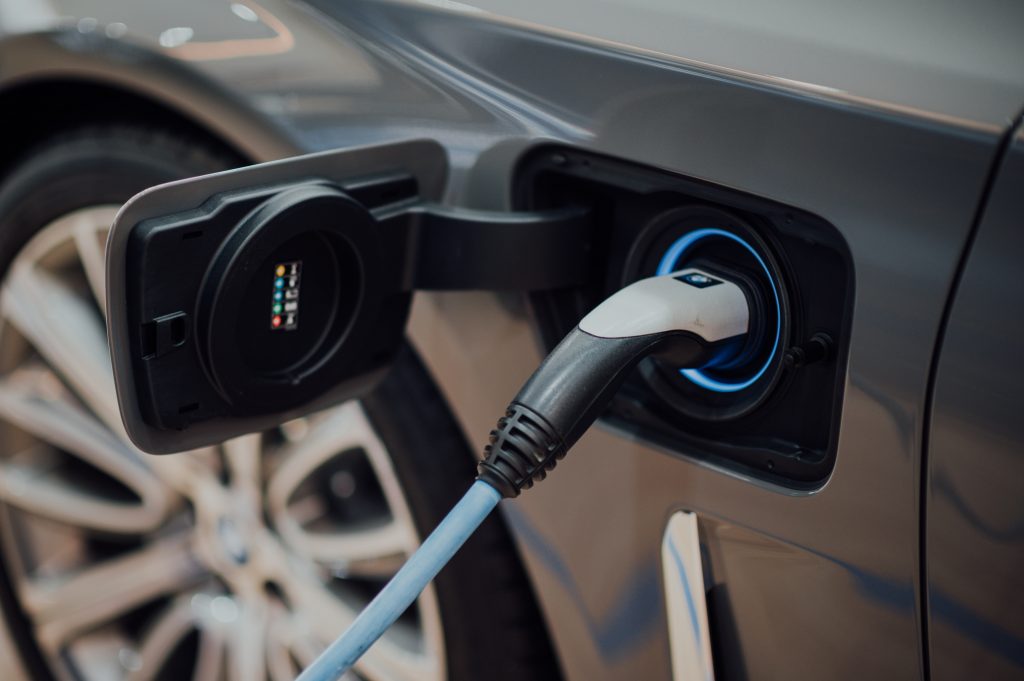WEBINAR
Common energy efficiency measures to reduce energy usage
In 2020 we hosted a series of webinars exploring topics on the importance of energy efficiency for businesses. If you missed them, don’t worry – here’s the recording of the fourth in the series.
In this webinar Michael Esvelt, Operations Director at Oxford Brookes’ Environmental Information Exchange, explains common measures for reducing energy use and improving energy efficiency in buildings, including: lighting changes, dealing with business appliances or machinery, employee awareness, renewables installation, and more.
We were also joined by Gavin Hodgson who is responsible for reducing energy consumption at Oxford Brookes University, who shared his experience with installing these measures at his premises.

Thanks for watching!
Energy Solutions Oxfordshire is a complete energy efficiency service, helping organisations lower their energy use, while saving time and money. Get started by filling out our online survey to get a free Desktop Diagnosis Report for your organisation.
You might also like…

How to save energy in the energy crisis

Thinking about generating your own energy?

Global energy efficiency progress is accelerating

